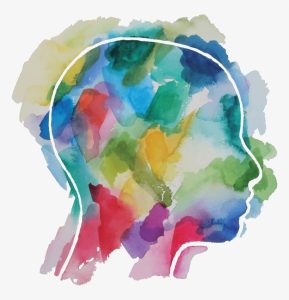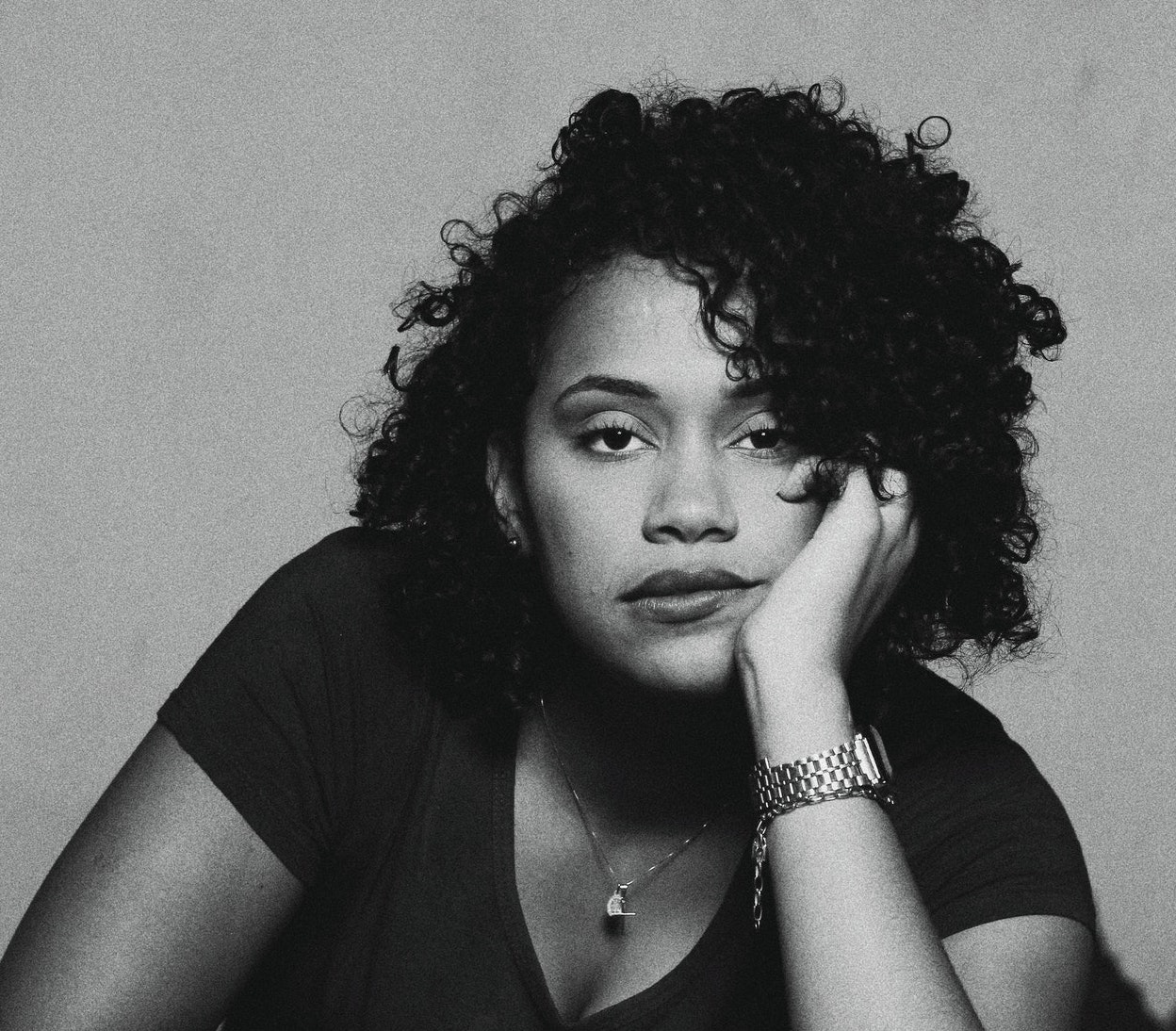Mindfulness: How It Can Help Amid the COVID-19 Pandemic
 To say that COVID-19 has been an emotional roller coaster is an understatement. Now, for a moment, try to forget all of that. Breathe in and out a few times. If your mind wanders, just notice that, accept that your mind has wandered, and refocus on your breathing.
To say that COVID-19 has been an emotional roller coaster is an understatement. Now, for a moment, try to forget all of that. Breathe in and out a few times. If your mind wanders, just notice that, accept that your mind has wandered, and refocus on your breathing.
That’s a bare bones example of mindfulness, an approach to dealing with stress that can involve a simple form of meditation—although it doesn’t have to—or a variety of other techniques that help you slow down.
“Mindfulness is really important in times like this,” says Auguste H. Fortin VI, MD, MPH, a Yale Medicine internal medicine specialist who has recommended mindfulness practices to some of his patients to help them cope with their illnesses. With COVID-19 front and center of nearly every aspect of life, he believes that, under the surface, many people are grieving the loss of their former lives. “It’s not just the kind of grief you feel when a loved one dies—it’s grief created by so much uncertainty,” he says. “We liked the way things were.”
What is mindfulness?
Mindfulness can be a formal meditation. Though people might be intimidated at the thought of what’s involved with meditating, Dr. Fortin suggests that it may be easier to think of it as a gym for developing mindfulness. “In meditation, your only job is to follow your breath and notice what your mind is doing while that’s happening,” he says. “You’ll then learn how to use the muscles you develop.”
But mindfulness shouldn’t be confused with other types of meditation such as TM®, which stands for transcendental meditation, a popular kind of meditation that involves using a mantra, says Rajita Sinha, PhD, chief of psychology for the Department of Psychiatry.
Dr. Sinha adds that a mindfulness practice doesn’t have to involve meditation. “It is really about being in the moment, observing what’s coming at you from the outside and what’s coming up inside—taking it in and observing, and not reacting to it.”
A variety of ways to practice mindfulness
Anne Dutton, MA, LCSW, is director of the Yale Stress Center mindfulness education program, where she teaches a Mindfulness-Based Stress Reduction (MBSR) course.
Dutton says mindfulness is a practice that involves three components:
- Paying attention to what is happening in the present moment
- Doing this purposely and deliberately, with resolve
- Maintaining the attitude that you will stay with your mindfulness experience, whether it’s pleasant or unpleasant
“You can pick your practice,” says Dutton. A formal practice means specifying at least one time each day when you will put other concerns aside and focus only on the practice, be it meditation or another technique.
Mindfulness and COVID-19
The Centers for Disease Control and Prevention (CDC) recommends washing your hands frequently to prevent COVID-19, and that can be done as a mindfulness practice, Dutton says.
The Yale Stress Center and Kabat-Zinn provide other tips and techniques:
- Take a moment or two to pause during the day. Put aside whatever you are working on or thinking about, and take in a few slow breaths. Notice the sensations of the air going in through your nose and exhaling out through your nose.
- Lie down, close your eyes, and slowly scan your body mentally from head to toe—or start from the opposite direction—bringing your awareness to each part of the body without judging or trying to change anything.
- Practice S.T.O.P.—this is an acronym that stands for Stop, Take a breath, Observe your feelings, and Proceed.
Excerpted from “Mindfulness: How It Can Help Amid the COVID-19 Pandemic” from Yale Medicine. Read the full article online for additional details.
Source: Yale Medicine | Mindfulness: How It Can Help Amid the COVID-19 Pandemic, https://www.yalemedicine.org/news/mindfulness-covid | Copyright 2021 Yale Medicine
A screening can help you determine if you or someone you care about should contact a mental health professional. Care Coordinators can arrange a free 30-minute Care Consultation so you can explore options with an expert. Call or email us at 650.688.3625 or careteam@chconline.org to set up an initial Consultation appointment.





